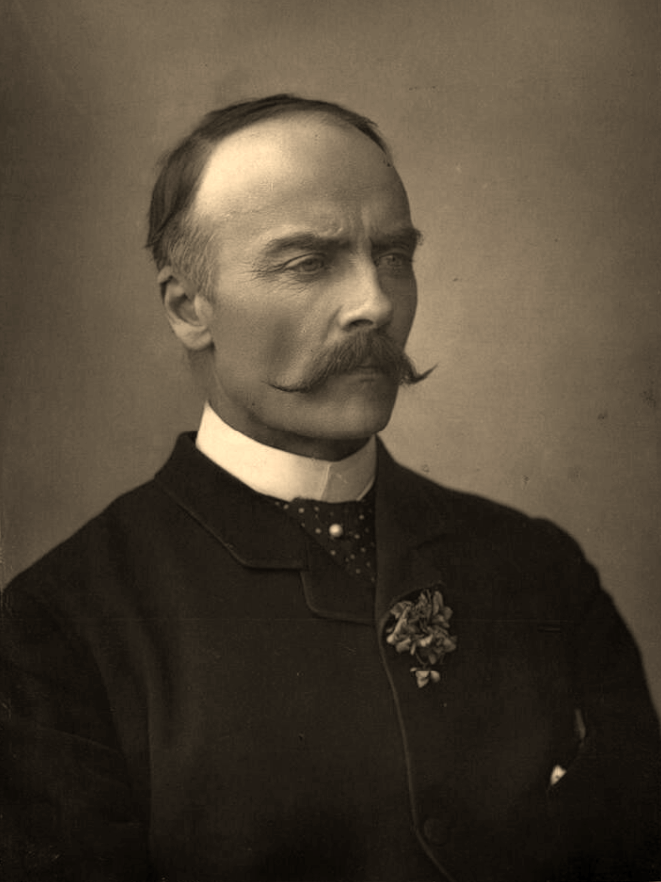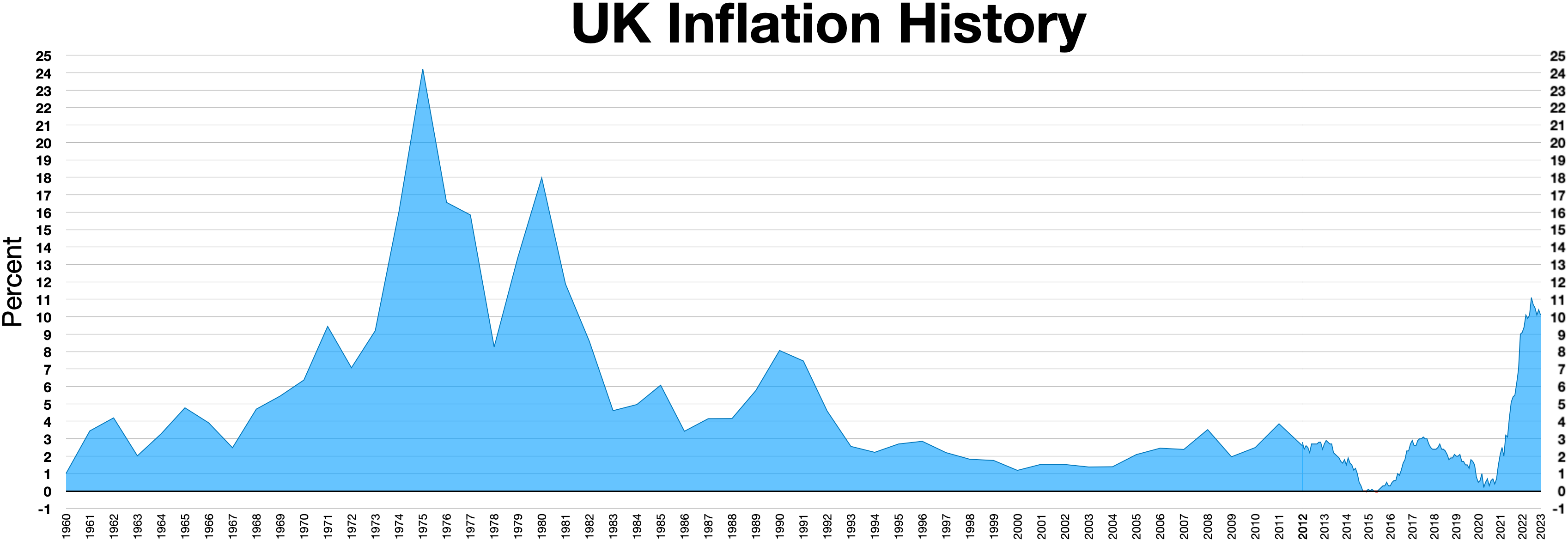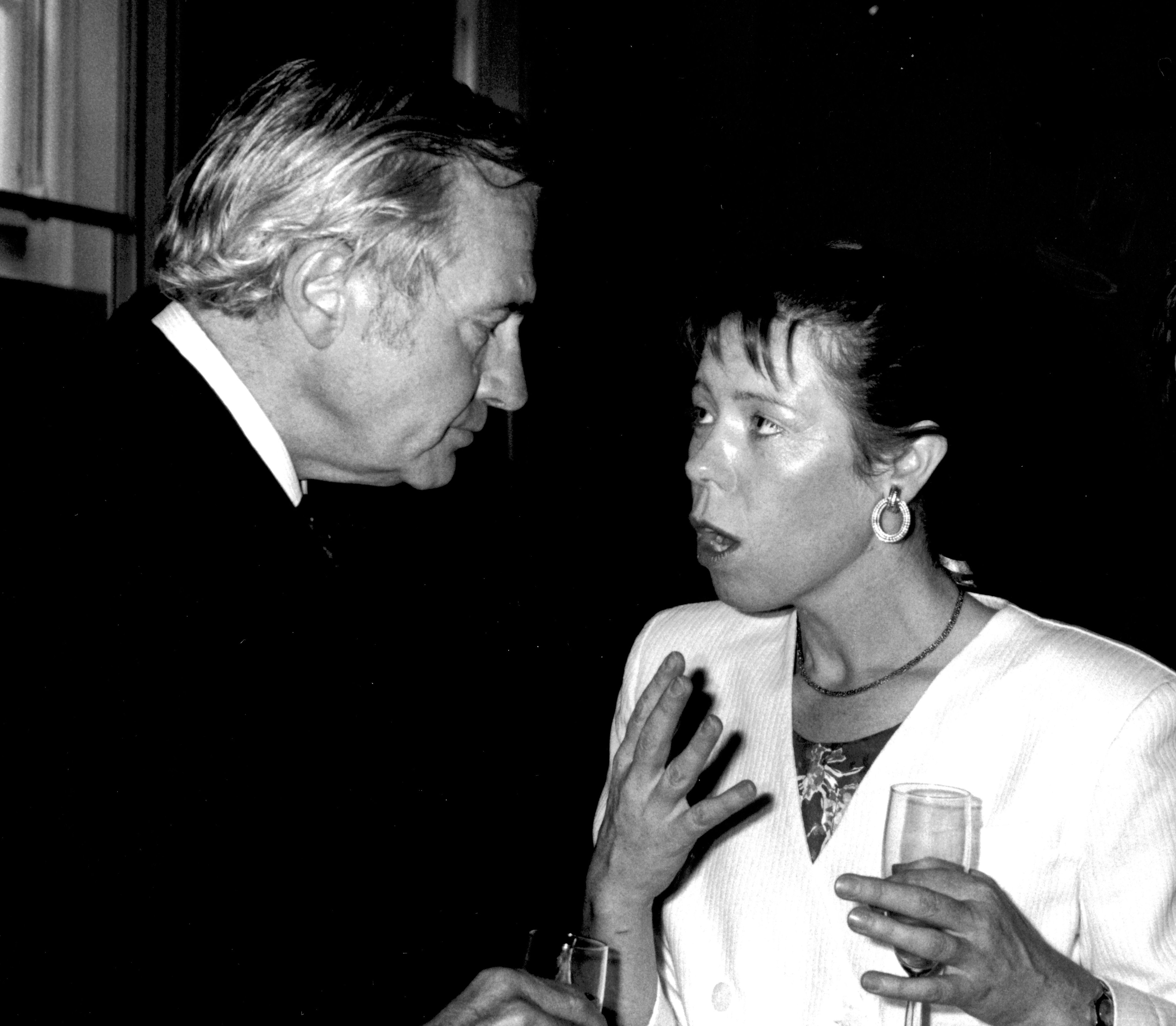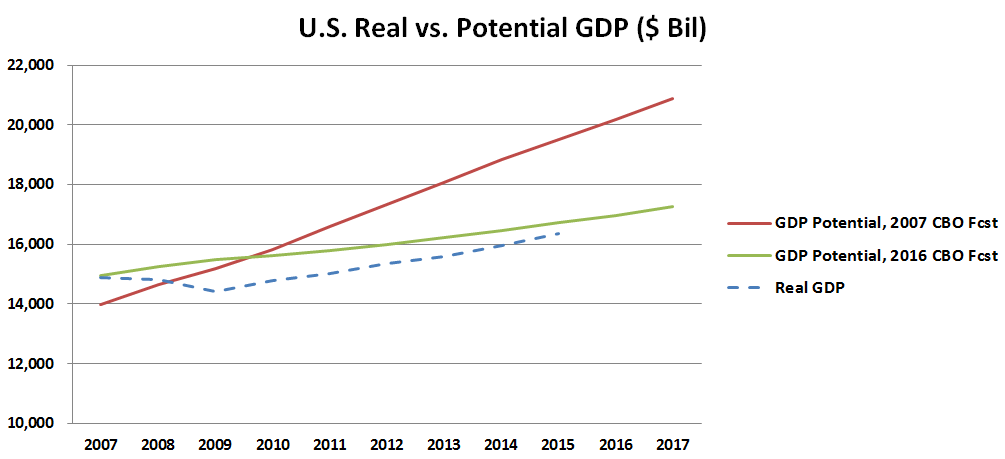|
1979 Vote Of No Confidence In The Callaghan Ministry
A vote of no confidence in the British Labour government of James Callaghan occurred on 28 March 1979. The vote was brought by the Official Opposition leader Margaret Thatcher and was lost by the Labour government by one vote (311 votes to 310), which was announced at 10:19 pm. The result mandated a general election that was won by Thatcher's Conservative Party. The last time an election had been forced by the House of Commons was in 1924, when Ramsay MacDonald, the first Labour prime minister, lost a vote of confidence. Labour politician Roy Hattersley later remarked that the vote marked "the last rites" of Old Labour. Labour did not return to government for another eighteen years, with New Labour ideology. The BBC has referred to the vote as "one of the most dramatic nights in Westminster history". Background The general election at the end of February 1974 resulted in a hung parliament where Labour had slightly more seats than any other party but no overall majo ... [...More Info...] [...Related Items...] OR: [Wikipedia] [Google] [Baidu] |
James Callaghan (1977)
Leonard James Callaghan, Baron Callaghan of Cardiff ( ; 27 March 191226 March 2005) was a British statesman and Labour Party (UK), Labour Party politician who served as Prime Minister of the United Kingdom from 1976 to 1979 and Leader of the Labour Party (UK), Leader of the Labour Party from 1976 to 1980. Callaghan is the only person to have held all four Great Offices of State, having also served as Chancellor of the Exchequer from 1964 to 1967, Home Secretary from 1967 to 1970 and Foreign Secretary (United Kingdom), Foreign Secretary from 1974 to 1976. He was a Member of Parliament (United Kingdom), Member of Parliament (MP) from 1945 to 1987. Born into a working-class family in Portsmouth, Callaghan left school early and began his career as a tax inspector, before becoming a trade union official in the 1930s. He served as a Lieutenant (navy), lieutenant in the Royal Navy during the Second World War. He was elected to Parliament of the United Kingdom, Parliament at the 1945 U ... [...More Info...] [...Related Items...] OR: [Wikipedia] [Google] [Baidu] |
Edward Heath
Sir Edward Richard George Heath (9 July 1916 – 17 July 2005) was a British politician who served as Prime Minister of the United Kingdom from 1970 to 1974 and Leader of the Conservative Party (UK), Leader of the Conservative Party from 1965 to 1975. Heath also served for 51 years as a Member of Parliament (United Kingdom), Member of Parliament from 1950 to 2001. Outside politics, Heath was a Yachting, yachtsman, a musician, and an author. Born in Broadstairs, Kent, Heath was the son of a chambermaid and carpenter. He attended Chatham House Grammar School in Ramsgate, Kent, and became a leader within student politics while studying at Balliol College at the University of Oxford. During World War II, Heath served as an officer in the Royal Artillery. He worked briefly in the Civil Service (United Kingdom), Civil Service, but resigned in order to stand for Parliament, and was elected for Bexley (UK Parliament constituency), Bexley at the 1950 United Kingdom general election, 195 ... [...More Info...] [...Related Items...] OR: [Wikipedia] [Google] [Baidu] |
Ulster Unionist Party
The Ulster Unionist Party (UUP) is a Unionism in Ireland, unionist political party in Northern Ireland. The party was founded as the Ulster Unionist Council in 1905, emerging from the Irish Unionist Alliance in Ulster. Under Edward Carson, it led unionist opposition to the Irish Home Rule movement. Following the partition of Ireland, it was the Ruling party, governing party of Northern Ireland between 1921 and 1972. It was supported by most unionist voters throughout the conflict known as the Troubles, during which time it was often referred to as the Official Unionist Party (OUP). Under David Trimble, the party helped negotiate the Good Friday Agreement of 1998, which ended the conflict. Trimble served as the first First Minister and deputy First Minister of Northern Ireland, First Minister of Northern Ireland from 1998 to 2002. However, it was overtaken as the largest unionist party 2003 Northern Ireland Assembly election, in 2003 by the Democratic Unionist Party (DUP). As of ... [...More Info...] [...Related Items...] OR: [Wikipedia] [Google] [Baidu] |
Plaid Cymru
Plaid Cymru ( ; , ; officially Plaid Cymru – the Party of Wales, and often referred to simply as Plaid) is a centre-left, Welsh nationalist list of political parties in Wales, political party in Wales, committed to Welsh independence from the United Kingdom. It campaigns on a platform of social democracy and civic nationalism. The party is a supporter of the European Union and is a member of the European Free Alliance (EFA). The party holds 4 of 32 Welsh seats in the UK Parliament, 12 of 60 seats in the Senedd, and 202 of 1,231 principal local authority councillors. Plaid was formed in 1925 under the name ''Plaid Genedlaethol Cymru'' (English: The National Party of Wales) and Gwynfor Evans won the first Westminster seat for the party at the 1966 Carmarthen by-election. In 1999 National Assembly for Wales election, 1999 (in the first devolved Senedd, Welsh Assembly election), Plaid Cymru gained considerable ground in traditionally Labour heartlands. These breakthroughs were pa ... [...More Info...] [...Related Items...] OR: [Wikipedia] [Google] [Baidu] |
Callaghan Ministry
Callaghan most commonly refers to O'Callaghan, an Anglicized Irish surname. Callaghan may also refer to: People * Aaron Callaghan (born 1966), Irish footballer with Crewe Alexandra and Crusaders * Sir Alfred John Callaghan (1865–1940), Irish politician and barrister * Alice Callaghan (born 1947), Canadian Catholic nun and Episcopalian priest * Aloysius R. Callaghan (born 1946), American Roman Catholic priest * Amanda Callaghan ( from 1989), British entomologist * Amy Callaghan (born 1992), British Member of Parliament for Scottish National Party, elected 2019 * Andrew Callaghan (born 1997), American journalist * Audrey Callaghan (1915–2005), English dietician * Ayden Callaghan (born 1981), English actor * Barry Callaghan (born 1937), Canadian author * Barry Callaghan (footballer) (born 1986), Scottish footballer with Queen of the South * Sir Bede Callaghan (1912–1993), Australian banker and university administrator * Sir Bill Callaghan (born 1948), British trad ... [...More Info...] [...Related Items...] OR: [Wikipedia] [Google] [Baidu] |
Ulster Unionists
The Ulster Unionist Party (UUP) is a unionist political party in Northern Ireland. The party was founded as the Ulster Unionist Council in 1905, emerging from the Irish Unionist Alliance in Ulster. Under Edward Carson, it led unionist opposition to the Irish Home Rule movement. Following the partition of Ireland, it was the governing party of Northern Ireland between 1921 and 1972. It was supported by most unionist voters throughout the conflict known as the Troubles, during which time it was often referred to as the Official Unionist Party (OUP). Under David Trimble, the party helped negotiate the Good Friday Agreement of 1998, which ended the conflict. Trimble served as the first First Minister of Northern Ireland from 1998 to 2002. However, it was overtaken as the largest unionist party in 2003 by the Democratic Unionist Party (DUP). As of 2022 it is the fourth-largest party in the Northern Ireland Assembly, after Sinn Féin, the DUP, and the Alliance Party. Since A ... [...More Info...] [...Related Items...] OR: [Wikipedia] [Google] [Baidu] |
Vote Of Confidence
A motion or vote of no confidence (or the inverse, a motion or vote of confidence) is a motion and corresponding vote thereon in a deliberative assembly (usually a legislative body) as to whether an officer (typically an executive) is deemed fit to continue to occupy their office. The no-confidence vote is a defining constitutional element of a parliamentary system, in which the government's/executive's mandate rests upon the continued support (or at least non-opposition) of the majority in the legislature. Systems differ in whether such a motion may be directed against the prime minister, against the government (this could be a majority government or a minority government/coalition government), against individual cabinet ministers, against the cabinet as a whole, or some combination of the above. A censure motion is different from a no-confidence motion. In a parliamentary system, a vote of no confidence leads to the resignation of the prime minister and cabinet, or, depending ... [...More Info...] [...Related Items...] OR: [Wikipedia] [Google] [Baidu] |
Winter Of Discontent
The Winter of Discontent was the period between late September 1978 and February 1979 in the United Kingdom characterised by widespread strikes by private, and later public sector trade unions demanding pay rises greater than the limits Prime Minister James Callaghan and his Labour Party government had been imposing, against Trades Union Congress (TUC) opposition, to control inflation. Some of these industrial disputes caused great public inconvenience, exacerbated by the coldest winter in 16 years, in which severe storms isolated many remote areas of the country. A strike by workers at Ford in late 1978 was settled with a pay increase of 17 per cent, well above the 5 per cent limit the government was holding its own workers to with the intent of setting an example for the private sector to follow, after a resolution at the Labour Party's annual conference urging the government not to intervene passed overwhelmingly. At the end of the year a road hauliers' strike began, cou ... [...More Info...] [...Related Items...] OR: [Wikipedia] [Google] [Baidu] |
Lib–Lab Pact
In British politics, a Lib–Lab pact is a working arrangement between the Liberal Democrats (in previous times, the Liberal Party) and the Labour Party. There have been four such arrangements, and one alleged proposal, at the national level. In many local councils in the UK there are similar arrangements, although there are also arrangements where the Lib Dems and Labour oppose each other and instead form a local alliance with another party or with independent councillors. 19th century Before the Labour Party had been formed, various candidates stood for Parliament with backing from both the Liberal Party and the Labour Representation League; these included Thomas Burt, Harry Broadhurst and Alexander Macdonald. These MPs were referred to as "Lib–Lab", although there was not a formal pact. This agreement eventually fell apart with the formation of the Independent Labour Party and the Labour Representation Committee. 20th century 1903 In 1903, an agreement was made be ... [...More Info...] [...Related Items...] OR: [Wikipedia] [Google] [Baidu] |
John Stonehouse
John Thomson Stonehouse (28 July 192514 April 1988) was a British Labour and Co-operative Party politician, businessman and minister who was a member of the Cabinet under Prime Minister Harold Wilson. He is remembered for his unsuccessful attempt at faking his own death in 1974. It is alleged that Stonehouse had been an agent for Czechoslovak military intelligence. Early life and education John Thomson Stonehouse was born on 28 July 1925 in Southampton, the second son and youngest of four children of Post Office engineer and later dockyard engine-fitter William Mitchell Stonehouse, and Rosina Marie (née Taylor). His father was local secretary of his trade union; Stonehouse joined the Labour Party at the age of sixteen. His mother, a former scullery maid, was the sixth female mayor of Southampton. and a councillor on Southampton City Council from 1936 to 1970.Nicholls, C. S. and Tom McNally (revised)"Stonehouse, John Thomson (1925–1988)" ''Oxford Dictionary of National Bio ... [...More Info...] [...Related Items...] OR: [Wikipedia] [Google] [Baidu] |
Scottish Labour Party (1976)
The Scottish Labour Party (SLP) was a socialist party in Scotland that was active between 1976 and 1981. It formed as a breakaway from the UK Labour Party. It won three council seats in 1977 but lost its MPs at the 1979 election and was dissolved two years later. History The party formed on 18 January 1976 as a breakaway from the UK Labour Party, by members disaffected with the then Labour Government's failure to secure a devolved Scottish Assembly, as well as with its social and economic agenda. The formation of the SLP was led by Jim Sillars, then MP for South Ayrshire, John Robertson, then MP for Paisley, and Alex Neil, the UK Labour Party's senior Scottish researcher. The split came just before the resignation of Harold Wilson as prime minister and party leader and the election of James Callaghan as his successor. Within a few weeks of its formation, ''The Glasgow Herald'' reported that a System Three opinion poll showed the party was taking a quarter of the Labou ... [...More Info...] [...Related Items...] OR: [Wikipedia] [Google] [Baidu] |
Economic Stagnation
Economic stagnation is a prolonged period of slow economic growth (traditionally measured in terms of the GDP growth), usually accompanied by high unemployment. Under some definitions, ''slow'' means significantly slower than potential growth as estimated by macroeconomists, even though the growth rate may be nominally higher than in other countries not experiencing economic stagnation. Secular stagnation theory The term "secular stagnation" was originally coined by Alvin Hansen in 1938 to "describe what he feared was the fate of the American economy following the Great Depression of the early 1930s: a check to economic progress as investment opportunities were stunted by the closing of the frontier and the collapse of immigration". Warnings similar to secular stagnation theory have been issued after all deep recessions, but they usually turned out to be wrong because they underestimated the potential of existing technologies.Pagano and Sbracia (2014"The secular stagnation h ... [...More Info...] [...Related Items...] OR: [Wikipedia] [Google] [Baidu] |








